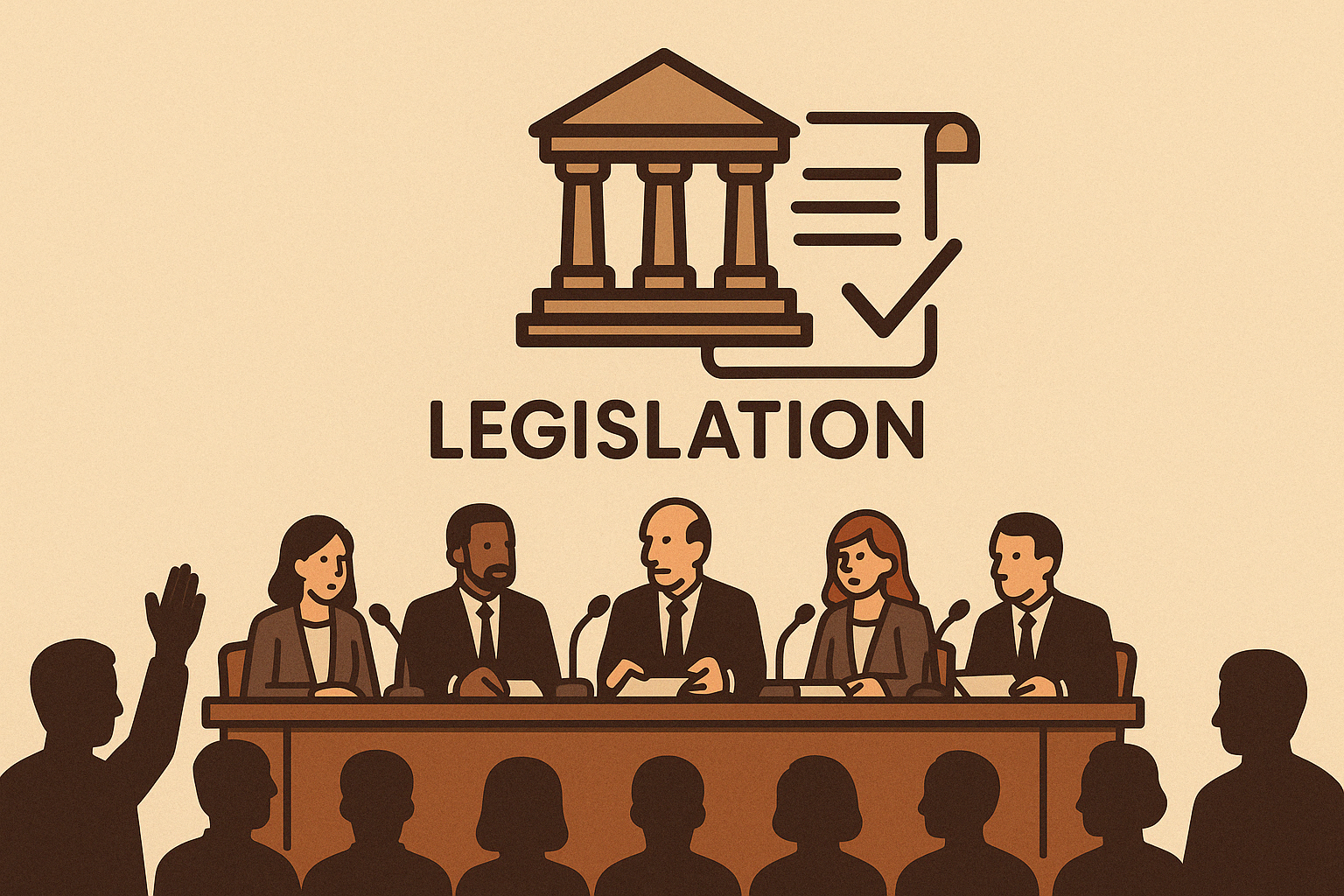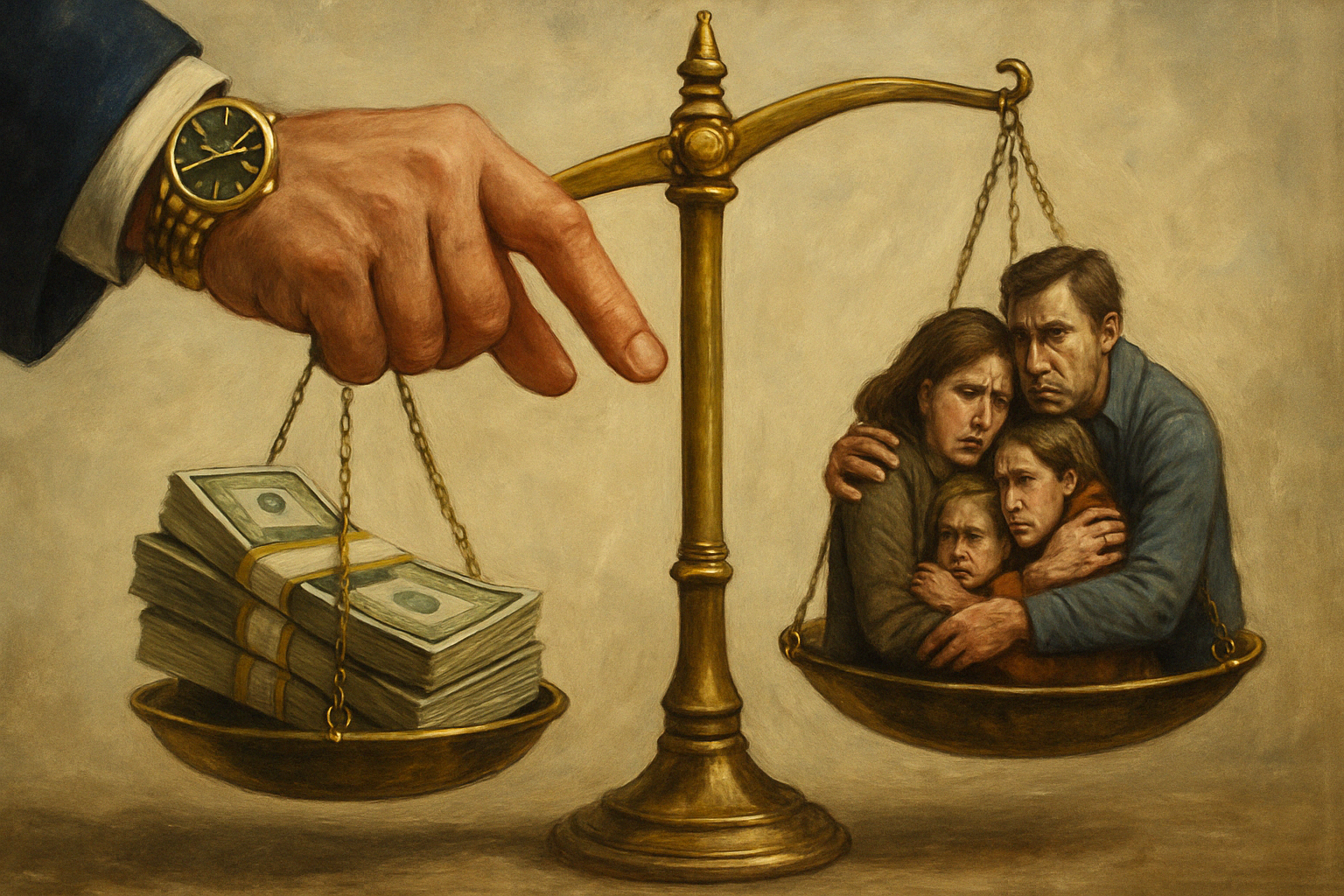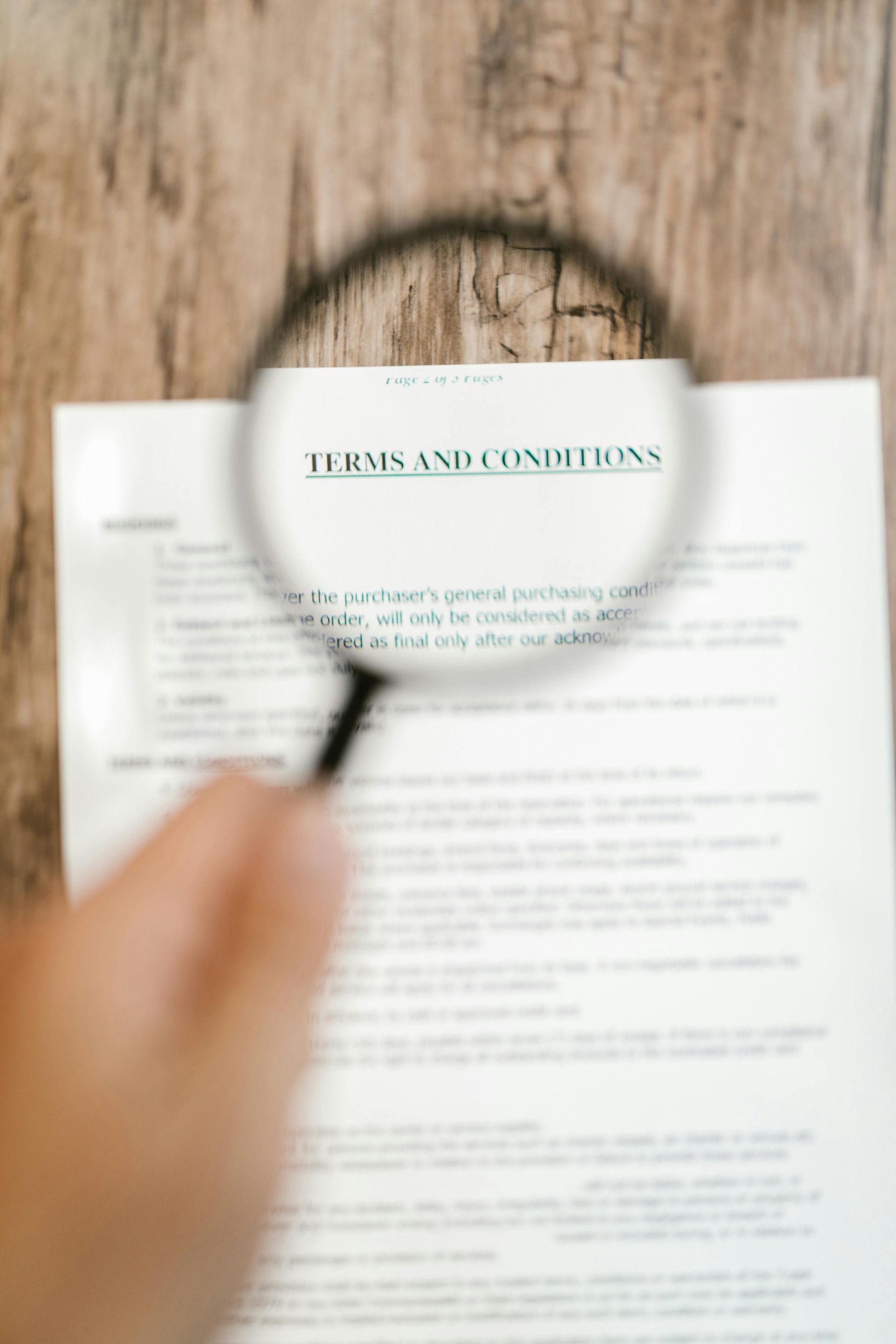What Can the Town Council Actually Do?
Understanding the Power (and Limits) of Local Government — and the Billboard Dilemma
Ever wonder who decides what gets built in Denville? Why do certain developments move forward, even when the public pushes back?
Did you know that the Denville Township Council doesn’t directly vote on most development projects — including the proposed 90-foot digital billboard by Indian Lake?
It’s true — and it’s one reason why residents feel like they’re in the dark.
In this article I'll try to tackle a current issue - the variance application for the proposed billboard at Fireman's Field - by explaining how municipal decisions are made in Denville.
Scroll down to read this interactive article.
"Why doesn't the Town just stop it?"
As someone who works professionally in environmental permitting and regulatory compliance, I’ve spent years helping municipalities and agencies interpret local, state, and federal regulations.
While I’m not an attorney, I’ve reviewed Denville’s governing documents closely, including its Township Code, the Faulkner Act (N.J.S.A. 40:69A-1 et seq.), and New Jersey’s Municipal Land Use Law (N.J.S.A. 40:55D-1 et seq.).
What follows is my best explanation of how our municipal government works — and what options residents have when faced with a high-stakes local issue like this billboard.
The Council’s Real Power: Writing the Rules
Under Denville’s form of government — Mayor-Council Plan F, adopted under the Faulkner Act — the Township Council serves as the legislative body (Denville Code §7-3; N.J.S.A. 40:69A-36). The Council does not review or vote on individual development applications. Instead, it adopts ordinances that set zoning laws and development rules (Denville Code §7-13 to §7-19).
These rules define:
- What types of development are allowed and where (i.e. zoning districts)
- How tall structures can be
- Environmental protection standards
- Whether billboards are permitted in certain zones

So, while the Council doesn't vote on applications, it creates the rules that the Zoning Board of Adjustment and Planning Board must apply (see N.J.S.A. 40:55D-70 for Zoning Board; 40:55D-25 for Planning Board).
A Unique Dilemma
The Firefighter's Association & the Billboard
The billboard application currently before the Zoning Board involves property that is not publicly owned, but belongs to the Denville Fire Department Association. According to information available on their website, this Association is a nonprofit group formed in 1926 to support the town’s then-new volunteer fire department. According to :
"... the members felt the formation of an association was necessary for their own protection. Therefore the Denville Fire Department Association was made official at a regular meeting of the Department in August 1926. The Association was set up to deal with the Department’s financial arrangements and social functions."
"The History of the Denville Volunteer Fire Department" - R.B. Leith and Ed Saniewski
The Association still exists today as a separate legal entity* that owns land, raises funds, and helps provide equipment, but it is not the same as the Denville Fire Department, which is a municipal service funded by the Township.
Understandably, the Association may view the proposed billboard lease as a potential source of revenue. But from the perspective of residents — especially those in Indian Lake — the project represents a permanent visual and quality-of-life disruption.
This creates a classic “lose-lose” scenario: either the community feels ignored, or the firefighters’ association feels unsupported. However, many of us want to support both.
Click here to donate to the Denville Firefighter's Association.
*Note: The Denville Fire Department Association is not the same legal entity as the Fire Department, although its membership may overlap. The Association is a legally distinct nonprofit corporation, not a municipal agency. While it is not subject to public policy oversight or OPRA like government bodies, it is a registered 501(c)(3) organization and must comply with federal transparency laws, including public financial reporting through IRS Form 990.
The Township Council
Powers & Limitations
In Summary: The next steps matter.
The Zoning Board of Adjustment will reconvene on June 4 to continue reviewing the billboard variance application. Outfront Media, the company proposing the sign, is expected to present testimony from its Engineer and Professional Planner. Residents will have an opportunity to attend, listen, and—most importantly—speak during the public comment period. I’ll be there, and I encourage every resident who cares about this issue to show up and make their voice heard.
Time Until the Next Zoning Board Hearing
Building Trust, Not Division
Town Council Election 2025
Denville deserves government that is both transparent and proactive. We need to be honest about how the system works — and then use every available tool to make it work better for everyone. Residents should consider new candidates for leadership, including Cam Morissette (Ward 1) and Patrick Bieger (At-Large).
A Campaign Promise
We need to pass clear laws that protect quality of life in Denville. This means listening before we legislate. And it means finding ways to support our Firefighters Association without compromising the interests of hundreds of residents who call Indian Lake home.
Let's Protect What Makes Denville Special
I’m not a lawyer — but as someone who’s spent their career navigating regulatory systems, I can tell you this: Better laws lead to better outcomes. And that’s exactly what we can deliver — together.



